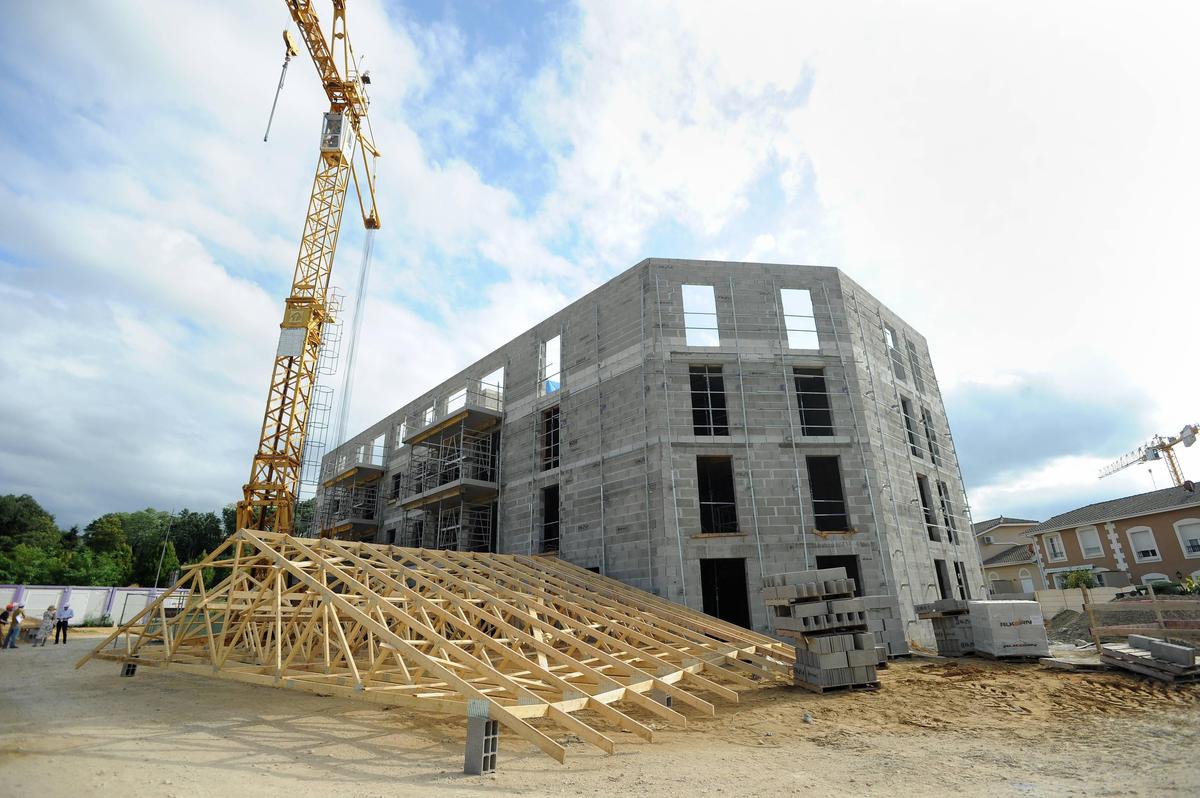The law since 2009 should allow 25% of housing allocations to these households.
A law “far from being respected”
This law is “far from being respected”, notes the High Committee, with “only around 5.6% of annual allocations” in 2022, and “the planned sanctions are never implemented”. “In 2022, 420,000 social housing units were allocated at the national level” and “the share of allocations to households recognized under the Dalo represents around 23,600 allocations”, he explains.
A shame when we know that these people are “at the heart of poor housing”, underlines René Dutrey, secretary general of the HCDL, and knowing that a little more than half of these households (52.1%) nevertheless have equal resources or above the minimum wage.
“Two-thirds of Dalo households are active and occupy low-paid jobs, logistics, care, security, those who were called essential or front-line workers during Covid,” continues Mr. Dutrey, who supervised the report.
Gironde at the back of the pack
The publication of the report comes before the arrival in the Senate of an “affordable housing” bill which must be examined from June 18. One of the provisions of the text particularly bothers the HCDL: it provides that the contingent of social housing allocated by the prefects can in the future be allocated by the Action Logement group.
“It would be a bad idea,” underlines Mr. Dutrey given the poor results recorded over the past fifteen years.
Action Logement, heir to the old 1% for housing, is a joint organization to which employees and employers contribute.

